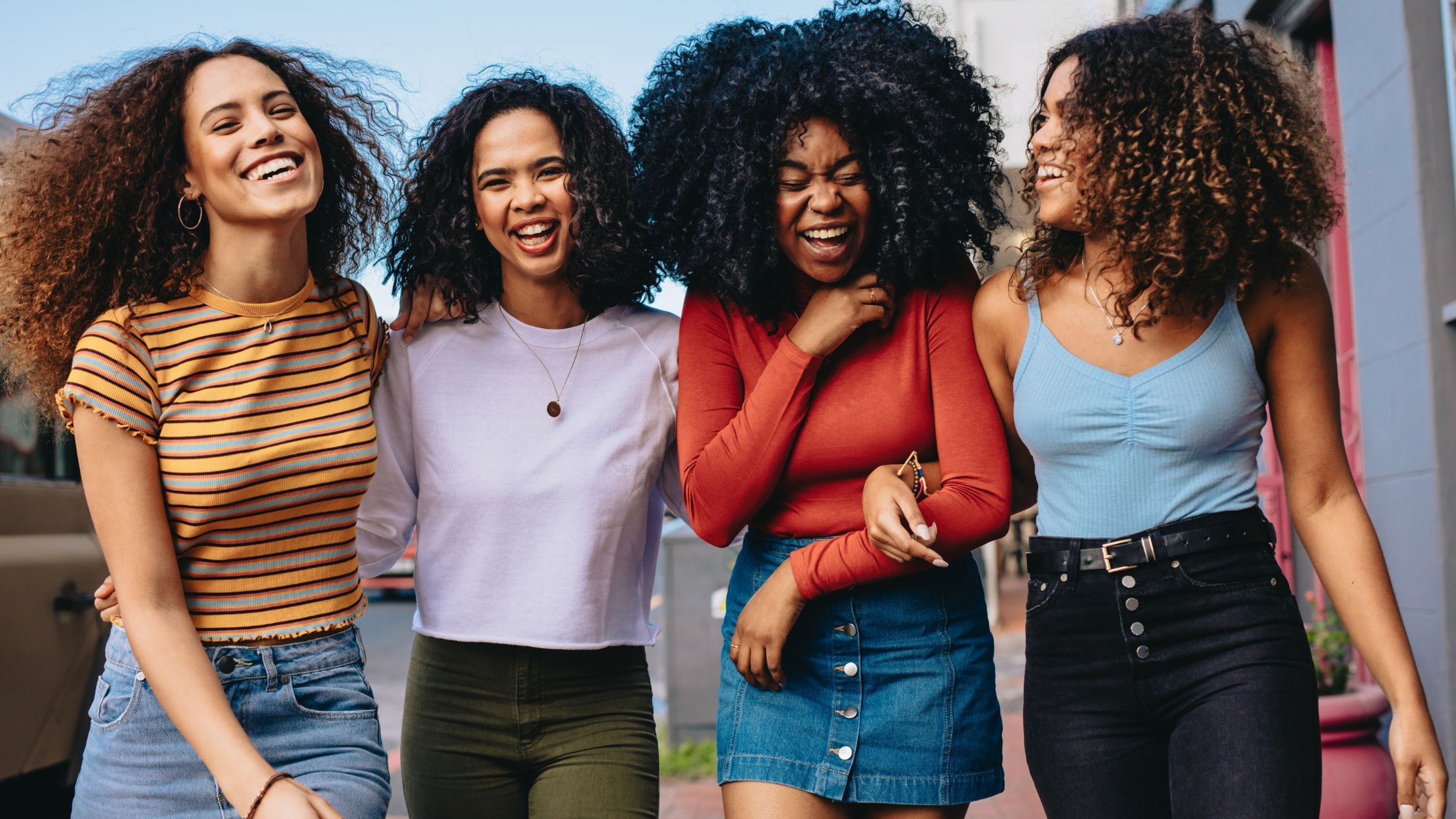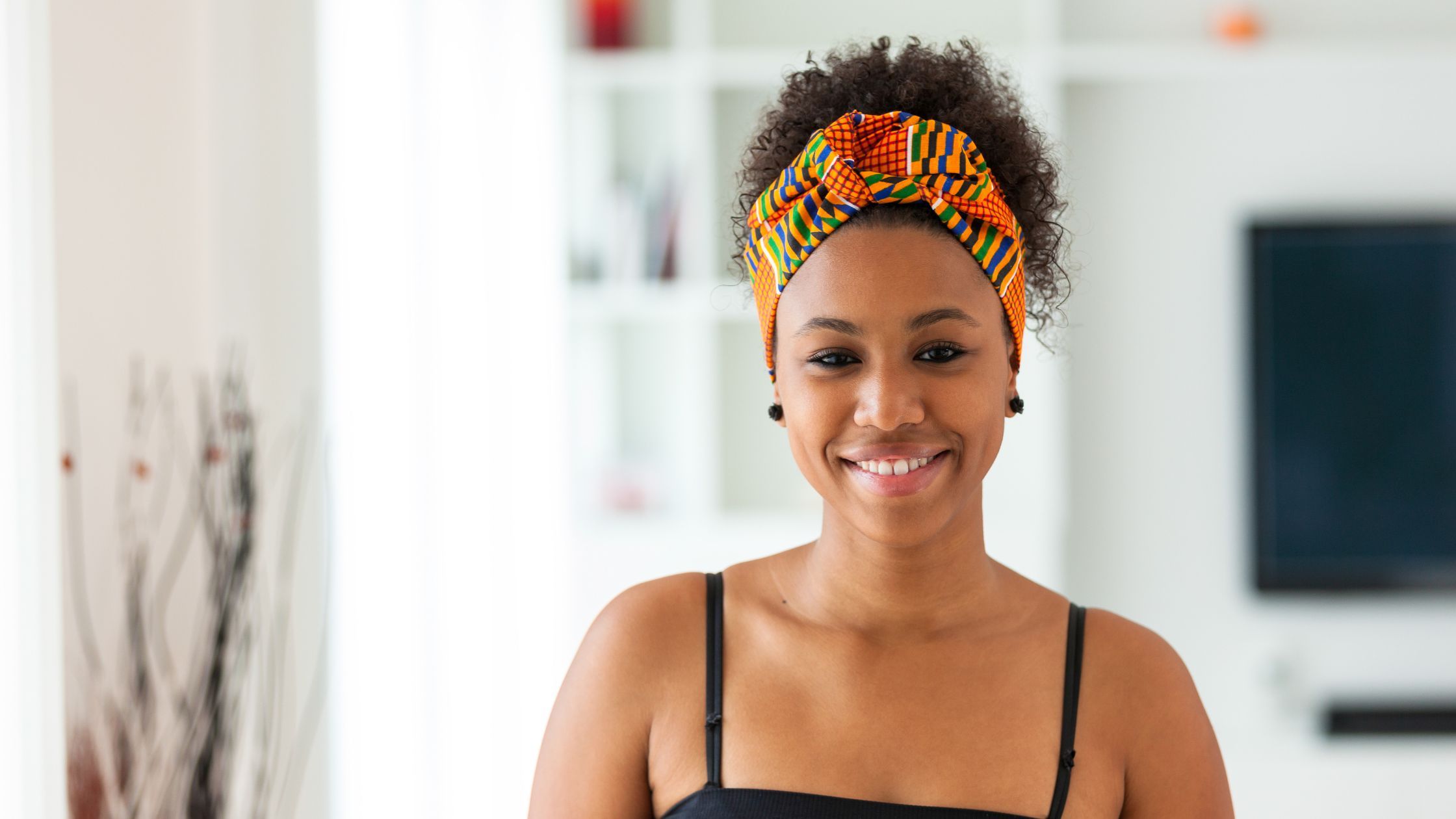Understanding mental health in African Americans
Black/African American (B/AA) people have the same mental health issues as anyone else. Yet only one out of three B/AA with mental health issues receives treatment according to statistics.
August 23 2022 | Simra SadafUnderstanding mental health in African Americans
One of the contributing factors to African Americans' mental health issues is the trauma, oppression, injustice, and violence they’ve faced over the many centuries.
History stands as evidence of how African American community people have dealt with racism all their lives and in every aspect of their life. Since time immemorial, they have been dehumanized and have been at the receiving end of disparity.
They have less access to health care provisions as well as to other institutional areas. Due to Covid-19, they have had to face a lot more than usual because of isolation, dealing with a loved one’s death, and financial worries among other issues. Furthermore, African American health providers are fewer in number than White Americans.
The help-seekers are more when compared to healthcare providers of mental health in America. One of the main reasons why they refrain from seeking help is the mistrust or distrust they have in the medical system which has a faith-based approach. But there is still hope as more and more people have started shedding light on the importance of black people’s mental health.
Mental health prevalence in Black people
B/AA people who live below the poverty line have twice the chance of having serious psychological distress than those who live two times better than them. Some of the mental health distress are:
Depression, anxiety, panic disorders, and phobias
Eating disorder, bipolar disorder, and obsessive-compulsive disorder
Post-traumatic stress disorder, psychotic disorders like schizophrenia, and hallucination
Black people have more chances of feeling grim, sad, miserable, and hopeless compared to adult White Americans. Even though black people are less likely to die from suicide than white people, Black teenagers have more chances of attempting to kill themselves than White people.
Black people and drug use
B/AA are more likely to drink excessively, smoke a lot (including the use of marijuana), and indulge in substance abuse. This has led to a rise in suicidal thoughts and attempts. Over the past year, 16% (4.8 million) of Black people are reported to have a mental illness of some kind, whereas 22.4% of people (1.1 million) reported serious mental issues.
Mental health care barriers in African Americans

Below are some obstacles between mental health provision and black people.
Socioeconomic partiality: The first barrier is socioeconomic disparity. In 2020, it was found that 10.4% of the African American community had no healthcare insurance
Inequality in caring for them: They have been at the receiving end of bias, prejudice, and discrimination by healthcare providers. Unfortunately, to this day they are facing the same kind of inequality as in the earlier times
Stigma: Even in today’s times, the African American community is concerned about the stigma revolving around mental health. They believe that mental health issues are weaknesses in people. They don’t really give importance to mental health as much as they give importance to their faith which acts as their central source of strength
Treatment concerns
Black people are more often diagnosed with psychotic disorders and less often diagnosed with mood disorders when compared to white people. They are given treatment and medication at lower rates than the rest of the population.
There is higher-than-average black purple in the U.S prison where they make up for 13% of the general population and 40% of the total prison population. Black people with psychotic disorders have more chances to be in prison when compared to people from other ethnicities and racial groups.
One more crucial fact is that less than 2% of Americans Psychological Association members are from the African American community. This makes them think that the White people in the mental health care industry are not capable enough to treat their problems.
Stigma is still the main issue. They are afraid of being judged. Even today many African American families don’t talk about mental health. They think even mild depression would be termed as “crazy” in their social circle.
Access to healthcare facilities

The prevalence of disparity has persisted over time in the African American community. In 2018, 58.2% of B/AA young adults failed to receive treatment for serious mental health issues. Close to 90% of B/AA who are above the age of 12 reported having substance abuse disorder and did not receive treatment.
In 2016, 12.3% of B/AA had difficulty getting required care, tests, and treatments at the clinic. America implemented the Affordable Care Act to bridge the gap between people who don’t have insurance and people who do.
Mental health resources
Some of the black people's mental health resources are:
Black Emotional and Mental Health Collective (BEAM)
Black Men Heal
Black Mental Health Alliance
Black Mental Wellness
Black Women’s Health Imperative
Boris Lawrence Henson Foundation
Brother You’re on My Mind
These are all initiatives to tackle and support health challenges associated with depression and stress that affect Black men and families.
Disclaimer : Beem Wellness provides general education on health and wellness. The content on this blog, website or any linked material is not intended and should not be considered, or used as a substitute for, medical advice, diagnosis or treatment. If you or any other person has a medical concern, you should immediately consult your health care provider.
In case of medical emergencies, please call 911.

